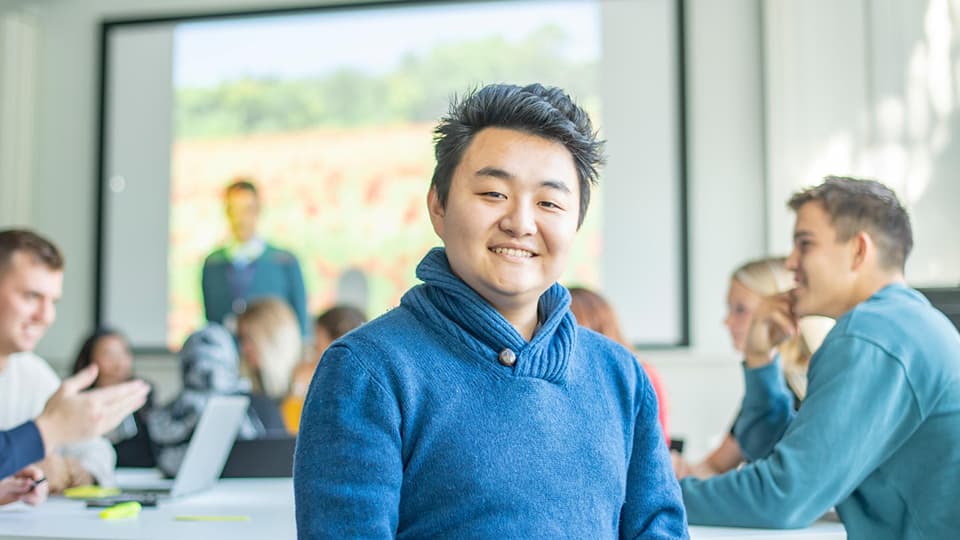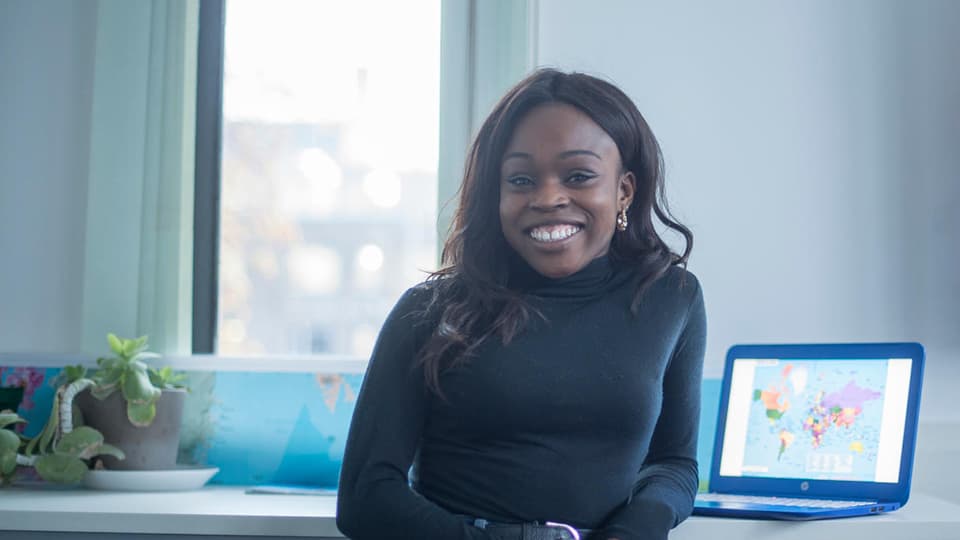International Relations, Politics and History
Studying in International Relations, Politics and History allows you to take advantage of a multi-disciplinary department, while maintaining your own distinct disciplinary identity and traditions.
International Relations, Politics and History at Loughborough
Our Politics and International Relations programmes help you to interpret the past, understand the present and determine your own future. We offer a selection of exciting degree courses which provide an up-to-the-minute grasp of emerging political developments on the world stage, confront some of the most fundamental political and historical questions which have shaped the modern world, and provide transferable skills that will help you secure a job after your degree.
Our History programmes explore the motivations of people in the past, and the causes and legacies of key events. Focusing on modern history, but from a global perspective, they allow you to understand why political, economic, social and cultural change happens, while also illuminating the ways that historians disagree over these trends.
Our Politics, Philosophy and Economics programme allows you to understand the numerous crises currently facing the world. It equips you with the tools and abilities needed to understand and resolve these challenges. Drawing on key insights from these three fields of study, the course provides students with the skills required to understand complex problems, evaluate available solutions and advance their ideas persuasively through robust argumentation.
Academics in this department play an active role in shaping the world with their research and expertise. This includes engagement in policy on militarisation, immigration, and democracy, as well as work with the Department for Education and the Institute for Education.
In addition to the more traditional forms of assessment, our students can expect to be set a wide variety of assessment types that could include designing museum exhibits, working with film, designing and delivering a poster presentation, writing a political speech and engaging in role play simulation exercises.
Our courses
Links with industry
We encourage and support students who wish to undertake a year-long work placement during their degree. In recent years students in the School have completed placements with BP, Volkswagen, Molson Coors, IBM, Johnson & Johnson, Samsung Electronics, Bosch, Confederation of British Industry, PwC, National Grid, Renault, Department of Work and Pensions, Food Standards Agency, Bedfordshire Police, Instron and Sky.
You will also have an opportunity to spend your third year (or a single semester of your degree) abroad by securing paid work teaching English to school children or studying at a university. You can study abroad in a European language, but it is also possible to go to an English-speaking university either in Europe or elsewhere, for example in the USA or Australia.
Career opportunities
Our graduates undertake a wide variety of careers in the private and public sectors, at home and abroad, in marketing, management, financial services, advertising, the armed forces, journalism, publishing, teaching and politics.
Our students
Languages
We provide a range of language modules in French, German or Spanish and Mandarin Chinese from complete beginners level upwards.
Through your language modules you will practise a range of transferable skills that will help you in your own field: face-to-face communication, formal and informal presentations, negotiating, convincing and mediating, producing multi-media materials, summarising and conveying information in writing. You will develop skills in your chosen language in small, interactive classes, and will gain greater cultural competence as you move up the levels.


